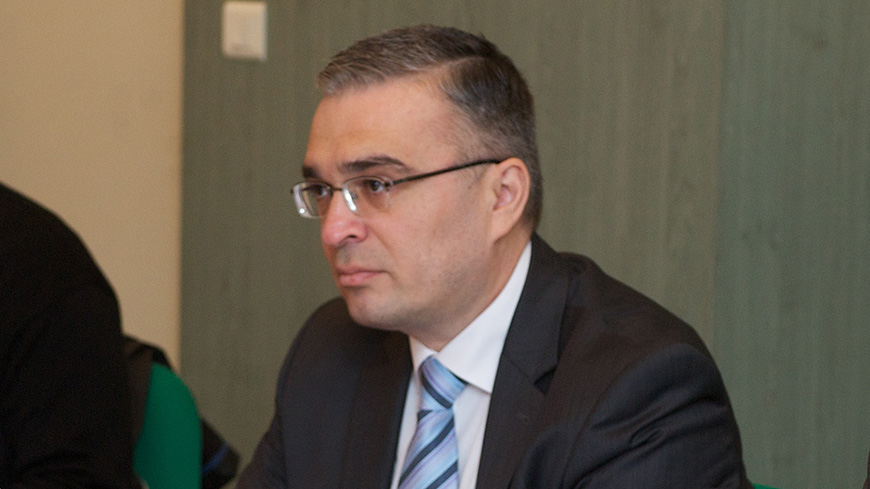The Grand Chamber of the European Court of Human Rights, delivering its first judgment in infringement proceedings under Article 46 § 4 of the European Convention, today found that Azerbaijan had failed to fulfil its obligation to comply with the Court’s 2014 ruling in the case of political activist Ilgar Mammadov (application no. 15172/13).
The Grand Chamber found, unanimously, that there had been:
a violation of Article 46 § 1 (binding force and execution of judgments) of the European Convention on Human Rights by Azerbaijan.
The case concerned the referral of a question to the Court on 5 December 2017 by the Committee of Ministers of the Council of Europe, which is responsible for supervising the enforcement of the Court’s judgments, as to whether Azerbaijan had failed to abide by the 2014 judgment by not releasing Mr Mammadov unconditionally. The Committee was using powers set out in Article 46 § 4 of the European Convention.
Read also
The Court found in particular that the Government had taken only limited steps to implement the judgment, which had not amounted to Azerbaijan acting in “good faith” or in a manner which was in accordance with the “conclusions and spirit” of its ruling in Mr Mammadov’s case.
It concluded that Azerbaijan had failed to fulfil its obligation under Article 46 § 1 of the Convention to abide by the judgment.
In accordance with Article 46 § 5 of the Convention, cases in which the Court finds a violation of Article 46 § 1 are to be referred back to the Committee of Ministers for consideration of the measures to be taken.
The Court’s 2014 judgment found that Azerbaijan had violated Mr Mammadov’s rights by charging him with criminal offences and placing him in pre-trial detention in 2013 without there being any reasonable suspicion that he had committed an offence. It considered the circumstances indicated the actual purpose of those measures was to silence or punish Mr Mammadov for criticising the Government. In the enforcement proceedings the Committee of Ministers stressed the fundamental flaws in the criminal proceedings and called many times for Azerbaijan to release Mr Mammadov as an essential step towards redressing the violations the Court had found.
However, he remained in detention for almost four years after the Court’s judgment had become final on 13 October 2014, until his conditional release on 13 August 2018, following the initiation of the infringement proceedings. In March 2019 the Supreme Court, after reducing his sentence, found he had served his time in full and set aside the probation order and other conditions on his release.
























































